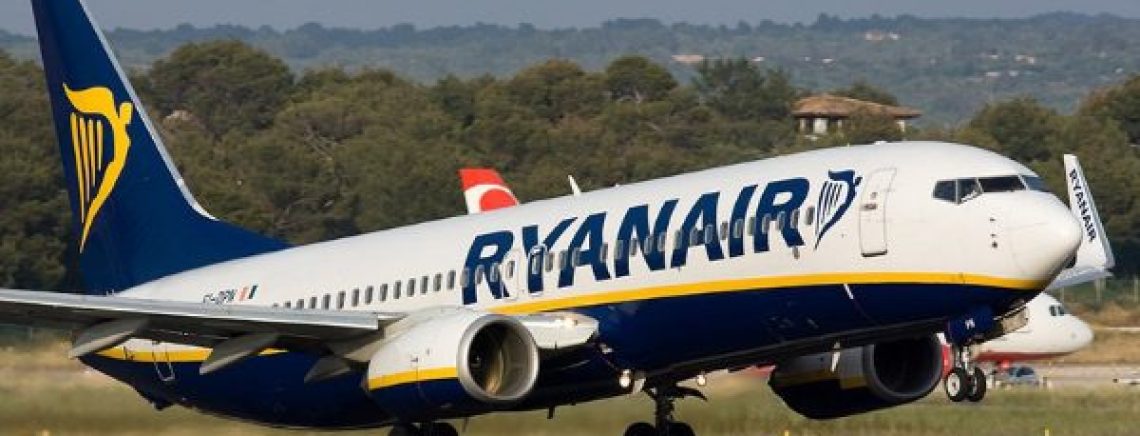Ryanair has been a major focus in the Irish labour market recently as news broke that a deal had been struck after a long period of negotiation. But how did they get there?
A process, namely conciliation, was used to gain an agreement over the dispute regarding seniority issues and base transfers over the summer period, which happens to be peak trading for the Irish-based airline.
So what is Conciliation?
Conciliation is an alternative dispute resolution process whereby a third party (the conciliator) is appointed as a neutral and unbiased person to help parties involved in a dispute to achieve a settlement by steering negotiations towards an amicable conclusion.
In the case of Ryanair, former Head of the Workplace Relations Commission (WRC) Kieran Mulvey was appointed to the role of the conciliator.
There are numerous advantages of using the conciliation process namely:
- Conciliation is most often used as a preventative method of resolving disputes, whereas the assistance of a mediator or arbitrator is often sought once a dispute is ongoing and it appears as though it may end up in court. A conciliator is typically appointed as soon as a dispute looks like it may occur
- Conciliation is a preventative measure to allow the parties to resolve their differences with the benefit of maintaining the relationship
- It can bring matters to a conclusion much sooner than if WRC or Labour Court proceedings are used
- The conciliation process is carried out confidentially and without prejudice so that, if a settlement is not achieved, the reasons for this are kept between the parties involved
- Conciliation is useful when the parties want the input and direction from a third party, as opposed to the more passive steering approach offered by mediation
- The cost of instructing a conciliator, especially as a preventative step as detailed above – and if a settlement can be reached – can significantly reduce the time and costs that parties spend on litigation.
With the many great pros of using conciliation, it also comes with a con and that is mainly getting both parties to accept the authority of the conciliator. If they don’t accept the same, then this process may be a waste of time and money. Therefore, the appointment of the conciliator is key to the effectiveness of the process.
Finally, in the story of Ryanair, it can be concluded that this process has been effective, resulting in an agreement between Fórsa and Ryanair, which will go forward to its members for a ballot.
If you have any questions regarding conciliation, please contact our advice line on 1890 253 369




